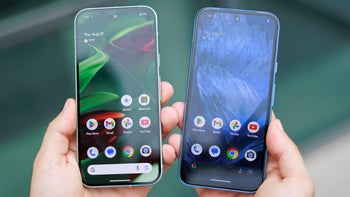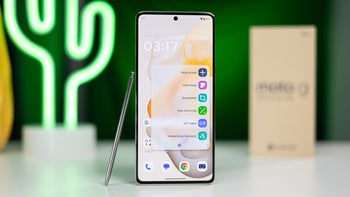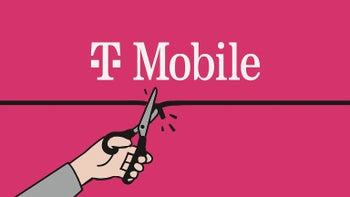European Union says no for telecom operators to charge online content providers

There is this invisible barrier between mobile network operators and online content providers that's constantly causing a rift to grow even bigger with each passing day. The European Union decided to take the matter into their hands as they warned telecom operators that they can't charge online content providers – especially those that are considered high-bandwidth. Think about the culprits that the telecom operators are pointing – like YouTube, Skype, and the myriad of other intensive and data rich content services.
Chief executive of France Telecom, Stephanie Richard, is for the idea of charging companies and argued that “there is something totally not normal and contrary to economic logic to let Google use our network without paying the price.” Another supporter lies in Telefonica which is also seeing the explosion of data being transferred over their network being worrisome and troubling – they say that these companies should contribute to their cost in running and expanding their network capacity. And if they would not comply, they would probably witness a slower delivery time on their content by the operator.
That's where EU commissioner Neelie Kroes had to put her foot on the issue by making it clear to telecom operators that she would take action if they sought payment in delivering these high-bandwidth content. She went on to say during a speech in Paris that, “ Users should be able to access and distribute the content, services and applications they want.” There's obviously the principle of 'net neutrality' that Kroes is clearly siding with in the matter, but this rift will only continue to fuel as some wireless carriers grow weary in supporting the insatiable appetite of users relying on these content providers without seeing any money being contributed to their efforts of sustaining and expanding their infrastructure.
via Mobile Business Briefing
Chief executive of France Telecom, Stephanie Richard, is for the idea of charging companies and argued that “there is something totally not normal and contrary to economic logic to let Google use our network without paying the price.” Another supporter lies in Telefonica which is also seeing the explosion of data being transferred over their network being worrisome and troubling – they say that these companies should contribute to their cost in running and expanding their network capacity. And if they would not comply, they would probably witness a slower delivery time on their content by the operator.
That's where EU commissioner Neelie Kroes had to put her foot on the issue by making it clear to telecom operators that she would take action if they sought payment in delivering these high-bandwidth content. She went on to say during a speech in Paris that, “ Users should be able to access and distribute the content, services and applications they want.” There's obviously the principle of 'net neutrality' that Kroes is clearly siding with in the matter, but this rift will only continue to fuel as some wireless carriers grow weary in supporting the insatiable appetite of users relying on these content providers without seeing any money being contributed to their efforts of sustaining and expanding their infrastructure.
via Mobile Business Briefing












Things that are NOT allowed: